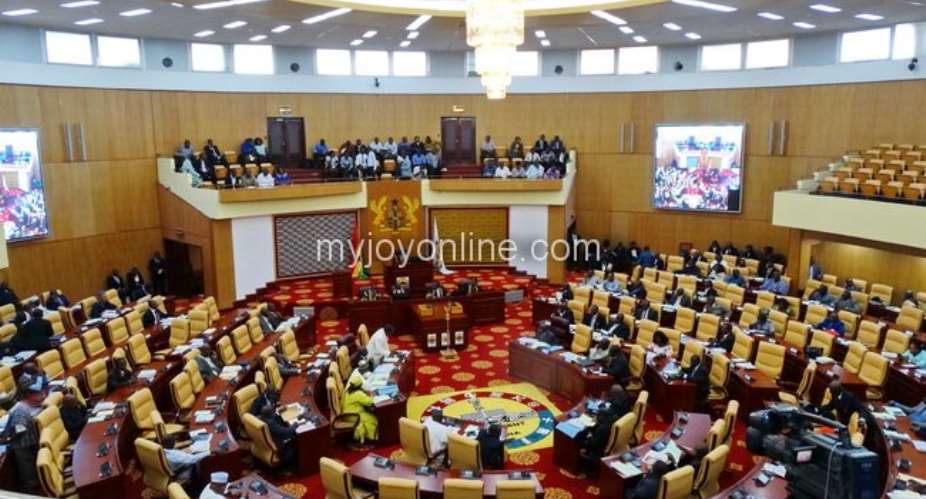Parliament was divided over the meaning of a clause in the Right to Information (RTI) Bill, which requires a person urgently requesting for information to provide reasons.
Members of Parliament (MPs) says this requirement could be used to frustrate the applicant and defeat the whole purpose of providing access to information.
Clause 1 of the Bill has ruffled feathers in Parliament once again as the Bill comes up for consideration for the second time even after more than 1,000 amendments. These amendments are stalking the passage of the Bill as MPs would have to go through each piece of proposed amendment.
The Clause provides for access to official information held by a government agency. Except for information specified as exempt information, a person has a right of access to information held by government agencies and does not need to give a reason for the request for access, unless that person requests that the application is treated with urgency.
Under provisions in the Bill, an Information Officer must within 14 days respond to a person’s request for information. But if the person requesting for information wants it to be treated with urgency, he must state reasons.
Some MPs say this gives too much discretionary power to an Information Officer and may defeat the purpose of providing access to information.
This clause caused controversy even before Parliament went on recess stalling the passage of the bill. The posture of parliament has not changed as the House resumes sitting.
“We are saying that certificate of urgency should be taken out so that there would be a general clause,” an MP said on the floor of parliament.
Last year, the Legal and Constitutional Committee of Parliament rejected a provision in the Right to Information Bill that allows the Minister of Justice to regulate access to information.
The MPs want a new position of an Information Commissioner created to bear the responsibility of supervising requests for information defined in the law as a right.
These are some of the challenging legislative hurdles that the Bill gunning for the most protracted legislation in Parliament in recent times must pass to see the light of day.
Parliament began the consideration of the RTI which has been before the House since 2013. The Bill was drafted in 1999 and reviewed in 2003, 2005 and 2007 but was not presented to Parliament.
The RTI Bill is expected to operationalise Article 1 of the 1992 Constitution which states “All persons shall have the right to information, subject to such qualifications and laws, as are necessary for a democratic society”.
Once the bill is passed, the public will have the legal right to have access to information such as government records, files, registers, maps, data, drawings, reports, among others.
Story by Ghana|myjoyonline.com|EA





 We’ll no longer tolerate your empty, unwarranted attacks – TUC blasts Prof Adei
We’ll no longer tolerate your empty, unwarranted attacks – TUC blasts Prof Adei
 Bawumia donates GHc200,000 to support Madina fire victims
Bawumia donates GHc200,000 to support Madina fire victims
 IMF to disburse US$360million third tranche to Ghana without creditors MoU
IMF to disburse US$360million third tranche to Ghana without creditors MoU
 Truck owner share insights into train collision incident
Truck owner share insights into train collision incident
 Paramount chief of Bassare Traditional Area passes on
Paramount chief of Bassare Traditional Area passes on
 Two teachers in court over alleged illegal possession of BECE papers
Two teachers in court over alleged illegal possession of BECE papers
 Sunyani: Victim allegedly shot by traditional warriors appeals for justice
Sunyani: Victim allegedly shot by traditional warriors appeals for justice
 Mahama vows to scrap teacher licensure exams, review Free SHS policy
Mahama vows to scrap teacher licensure exams, review Free SHS policy
 Government will replace burnt Madina shops with a new three-story, 120-store fac...
Government will replace burnt Madina shops with a new three-story, 120-store fac...
